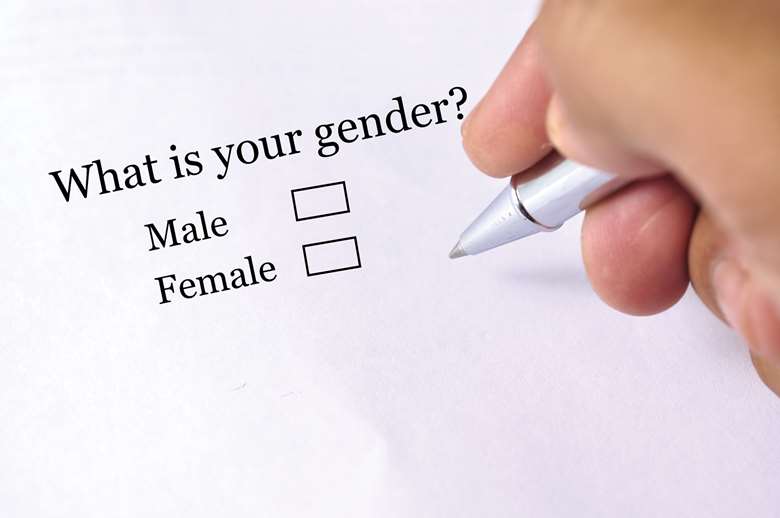Legal Update: Resolution on transgender rights
Kirsten Anderson
Monday, May 25, 2015
Kirsten Anderson, research and policy manager at Coram Children's Legal Centre, examines how a Council of Europe resolution relates to the rights of transgender young people to change their legal gender.

The Council of Europe last month adopted an historic resolution on discrimination against transgender people in Europe. The resolution is wide-ranging and addresses the many forms of discrimination that face transgender people, including "difficulties in access to work, housing and health services, as well as a high prevalence of hate speech, hate crime, bullying, and physical and sexual violence".
Importantly, the resolution provides some guidance on children and young people's access to legal gender recognition. It calls on member states to "develop quick, transparent and accessible procedures, based on self-determination, for changing the name and registered sex of transgender people" on a range of legal identity documents, including birth certificates, identity cards, passports, educational certificates and other documents. Significantly, it requests states to make these procedures available to all people, irrespective of age. The resolution calls on states to ensure that the best interests of the child is a primary consideration in all decisions concerning them.
Change of legal gender
In many states, legal gender recognition procedures, where they exist, are restricted to people who have reached the age of majority. This excludes people under this age from applying to change their gender in legal identity documents. In the UK, the Gender Recognition Act 2004 sets out a procedure for people to apply for a gender recognition certificate, which will allow them to change the gender assigned to them at birth and have a new birth certificate issued. The new birth certificate can then be used for all purposes that a birth certificate serves, including, for instance, applying for a passport.
However, this process is restricted to people aged over 18 years, excluding transgender children from the ability to change their legal gender. The provisions of the new resolution suggest that a procedure to change a person's legal gender should not be restricted by age, but rather, access to these procedures should be determined according to what is in a child's best interests.
Many states impose other legal requirements that must be met before a person can legally change their gender; these requirements can be harmful, stigmatising and cumbersome. For instance, 23 countries in Europe require transgender people to undergo sterilisation before their gender identity is legally recognised. Some countries also require transgender people to have undergone invasive surgery or other medical treatment. Most, including the UK, require people to be diagnosed with a mental disorder (Gender Identity Disorder or equivalent) before they can apply to change their legal gender. This is stigmatising and has been criticised for actively promoting the social exclusion of transgender people, while not adding to their physical or mental wellbeing. The resolution calls on states to base legal gender recognition procedures on the principle of self-determination, and remove requirements such as sterilisation, compulsory medical treatment and diagnosis in laws regulating the procedure for changing a person's legal gender.
Other requirements typically imposed by states are the need to spend a specified amount of time living in a new gender identity. In the UK, for instance, people must be able to demonstrate that they have "lived as the acquired gender" for a period of two years before applying to change their legal gender. Such cumbersome and lengthy processes can mean reduced access to the job market, education and difficulties travelling abroad while people await the required period to apply to change their gender legally.
The resolution also asks states to "consider including a third gender option in identity documents". In many states, including the UK, legal gender is restricted to male and female only. That is, while many states in Europe allow for the legal recognition of a change of gender, this requires people to select "male" or "female", which excludes people who do not identify in a gender binary way. According to an EU survey on lesbian, gay, bisexual and transgender experiences of discrimination in 2012, 73 per cent of transgender respondents did not identify within the gender binary, and it is important that legal gender recognition accounts for this.
Download this article as a PDF
Legal Update is produced in association with experts at Coram Children’s Legal Centre ?www.childrenslegalcentre.com
?For free legal advice on issues relating to migrant children call 0207 636 8505
Sign up to the monthly childRIGHT bulletin from CYP Now and Coram Children’s Legal Centre, for the latest news and information about children, young people and the law: www.cypnow.co.uk/email-bulletins




